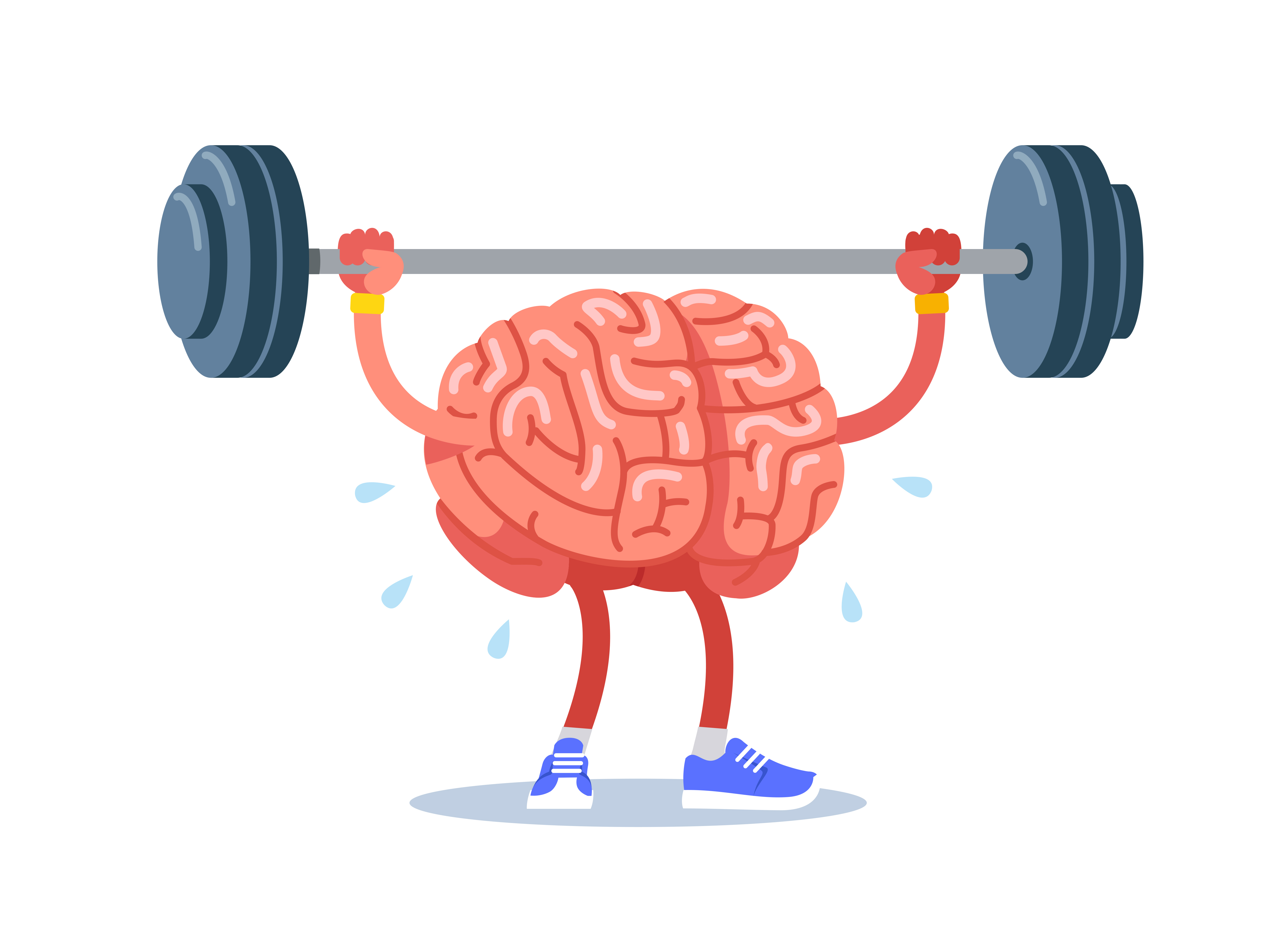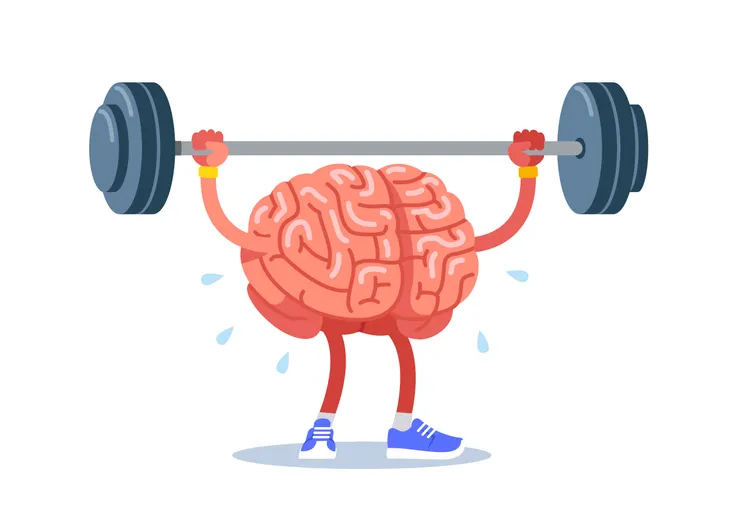By now, we all understand that regular physical activity has some pretty profound effects on our bodies. However, the positives don’t stop there. It never ceases to amaze me how far a mere 30-minutes of exercise can go—particularly when it comes to the brain.
Here are eight scientifically proven brain boosting benefits associated with just a half hour of exercise…
1. Quickens Decision Making & Problem Solving
A 2013 National Institutes of Health study found that exercise not only makes you quicker on your feet, but quicker when it comes to decision making abilities as well, by boosting the amount of white matter (connection making tissues) in the brain.
The study monitored the problem solving and decision making skills of a group of older adults who regularly exercised and weighed them against their sedentary counterparts. Researchers found that participants who enjoyed regular aerobic fitness had stronger white matter integrity and better cognitive speed.
2. Prevents Depression
Many of us have read studies that claim exercise fights depression symptoms, however, this 2014 study published in the journal, Cell, found that exercise also prevents depression in the first place.
Researchers explain that stress triggers a harmful substance that builds up in the blood and brain. However, scientists pinpointed a specific protein (known as Skeletal muscle PGC-1α1) that can help break down and eradicate this harmful stress substance. Good news, this protective stress protein is naturally produced by skeletal muscle during exercise.
3. Exercise Boosts Energy
While many folks use the excuse that they don’t have the energy to exercise, this 2008 study conducted by researchers at the University of Georgia, found that low and medium levels of physical activity actually boosted overall energy.
Researchers found that instead of zapping energy, light exercise actually created a “second wind” effect on the body and mind, meaning it improved energy levels and reduced fatigue.
4. Exercise Strengthens Willpower
Walking by a Cinnabon at the mall can be a sheer feat of mental will. So it should be no surprise that willpower, the inner power to avoid every temptation, is governed largely by brain power.
A 2013 study published by the British Journal of Sports Medicine studied the impact of brain on our ability to adhere to personal, professional, and healthy goals in a mixed group of participants aging from childhood to 35-years old. The scientists concluded that short stretches of physical activity across all age groups significantly improved inhibition and interference control (or willpower).
5. My, What a Big Brain You Have…
Wow, it’s a pretty bold study that claims exercise can literally grow your brain. However, this 2006 study published by the National Institutes of Health found that sedentary adults who took up an aerobic fitness regimen for just 6-months enjoyed the brain-growth benefits.
Researchers explain that regular physical activity increased the volume of both white matter and grey matter in the brain.
6. Creates Emotional Resilience to Stress
Stress affects us all in different ways, however, this 2014 research study, published in the journal, Frontiers in Psychology, found that just 30-minutes of exercise daily can make a great difference in your emotional state in the fact of stress.
The study exposed a group of participants to a stressful event and monitored the results. Half of the group exercised regularly and the other half were sedentary in lifestyle. Findings showed that the physically fit group maintained a positive attitude and better emotional outlook compared to the sedentary participants.
7. Keep Emotions in Check
If you can’t hold your temper or burst into tears at a sideways glance, this 2006 National Institutes of Health study may reason that you’re not getting enough exercise. These scientists studied the effects of physical exercise on emotional control, in regards to emotions as part of our psychological makeup as human beings.
Study participants were monitored over a 2-month duration while participating in a regular exercise program. The researchers claimed that even brief bouts of exercise had a positive calming and centering effect on behavioral patterns, emotional control, and emotional stress.
8. Protects the Heart
Doctors often recommend exercise to protect us from numerous chronic diseases. So it shouldn’t surprise you that there are plenty of studies that espouse the benefit of exercise on cardiovascular health and wellness.
One such study was presented in 2008 study by the American Stroke Association, and noted that moderate exercise in men and women, significantly lowered the risk of stroke (by up to 40-percent).











